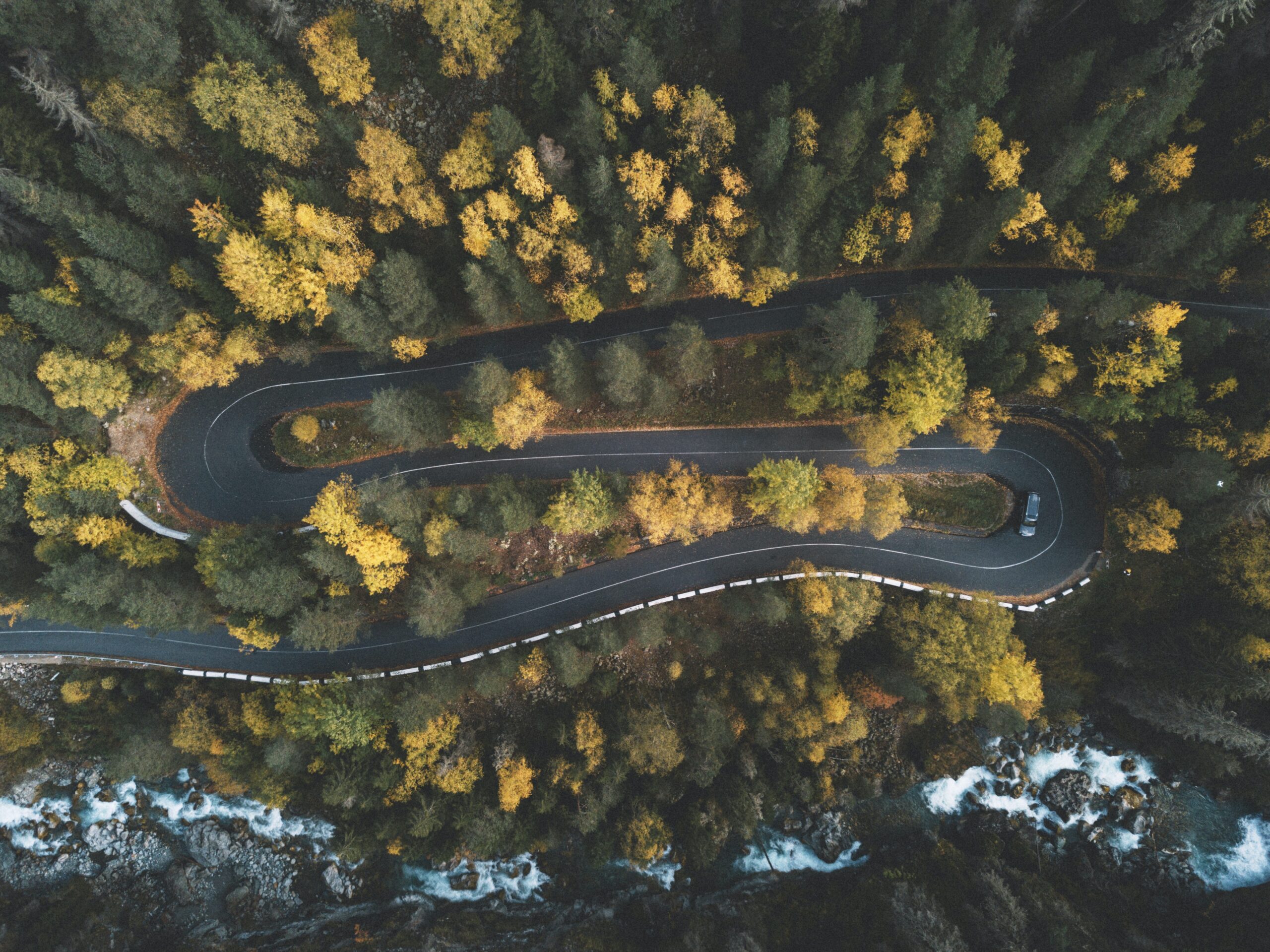
Shell Pakistan has demonstrated a novel application for waste lubricant bottles by using them to rebuild the road outside its Karachi office.
Plastic is a toxic and non-biodegradable material, and research has found that plastic items like bottles and bags can take hundreds of years to decompose. Therefore, disposing of them responsibly is important to safeguard the environment.
Shell collaborated with the District Municipal Corporation (DMC) South and start-up BRR Enterprises to achieve the project. More than 2.5 tonnes of plastic bottles that previously contained Shell lubricants like gear oil and commercial vehicle oil were recycled and incorporated into the construction process for the road, which is 60 feet wide and 730 feet long. After inaugurating the new road, Waqar Siddiqui of Shell’s business in Pakistan said that he was amazed to see the results of making a road with waste lubricant bottles for the first time. He added:
“This innovative method helps reduce plastic waste and can provide an environmentally friendly option for future infrastructure projects in Pakistan. Innovative solutions such as this need to be tried and tested, and I hope [it] will be adopted to contribute to building a cleaner society.”
In addition to helping to solve the social problem of disposing of plastic waste, plastic-based roads offer advantages over their conventional counterparts. For example, they can last almost three times longer thanks to their greater durability and flexibility. Replacing traditional construction materials with something that is essentially free can also reduce construction costs considerably.








































